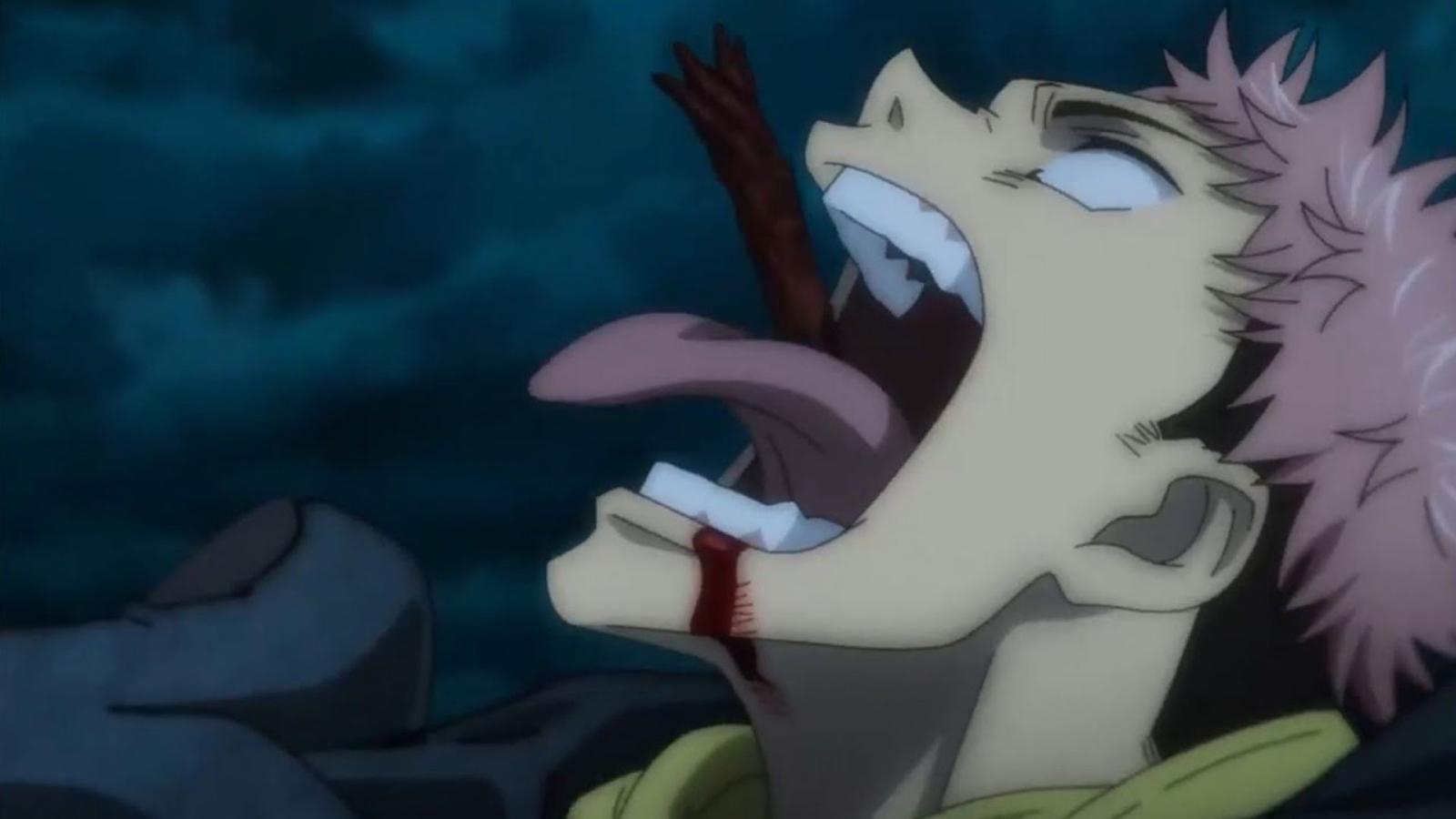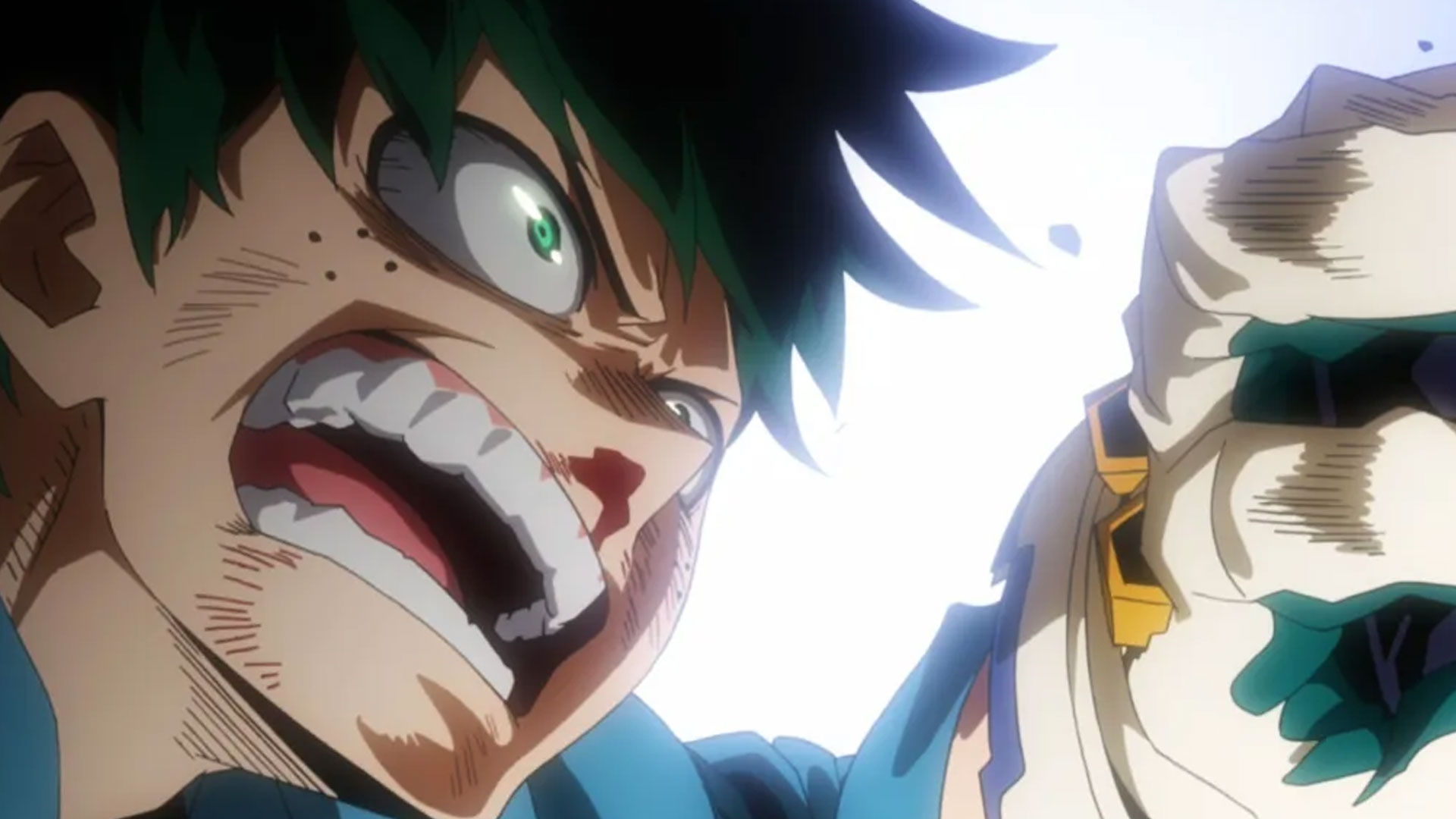Many otaku are tired of the “the protagonist is powerless, but not really” trope in anime.
Summary:
- “Non-magical protagonist in a magic anime” seems like a good trope for a series about an underdog character, but it really isn’t.
- These characters end up acquiring overpowered powers outside of the normal power system.
- Jujutsu Kaisen might be seen as a counterexample, but it never actually relied on the trope in the first place.
The battle shounen genre is famous for its obsession with underdog protagonists. To be fair, it is understandable: it’s fun to see a character overcoming obstacles and achieving success despite all odds.
However, a lot of the time, protagonists like that are just people who don’t possess any magic in an otherwise magical setting. While this is an easy way to show that the protagonist is at disadvantage from the start, the trope doesn’t really work — and here’s why.
Arguments for and against the trope
.jpg)
At first, this seems like a good way to show a “zero-to-hero” journey. A protagonist like that would have to use different methods to just keep up with others. That said, it is really hard to execute the trope correctly, and many anime feel like they cheat their way around it.
My Hero Academia (Boku no Hero Academia) gives Deku the most powerful Quirk out there in the very beginning. Justified? Perhaps, but this doesn’t mean the viewers needed to be teased with the fact that Deku was initially Quirkless. And yes, Quirks are basically magic in this context.
Similarly, Black Clover’s Asta is shown to not possess magic — but he counters it instead, and his battle prowess in other areas might as well count as magic itself.
Some fans argue that Mash from Mashle: Magic and Muscles is a good example of such a protagonist, because everything he does is a feat of physical strength, not magic. However, this example shouldn’t really count, as Mashle is obviously a parody.
Not just a battle shounen problem
.jpg)
This isn’t even an issue exclusive to battle shounen anime. For example, in The Rising of the Shield Hero (Tate no Yuusha no Nariagari), the Shield was supposed to have no offensive capabilities, only for Naofumi to become arguably the strongest fighter out there with it.
Similarly, it’s a common trope in isekai anime: an ability that is initially considered useless becomes overpowered when the user perfects it.
A possible counterexample

There are good applications of this trope — and one of them is Jujutsu Kaisen. Yuji has to rely on Sukuna’s cursed energy before he can use it himself, and that obviously has its downsides.
That said, that raises a question: does this even count? Jujutsu Kaisen isn’t exactly an anime about an underdog protagonist, and this feels more like a natural development of powers than anything else.

